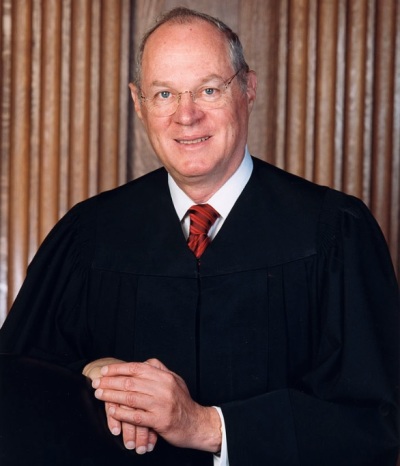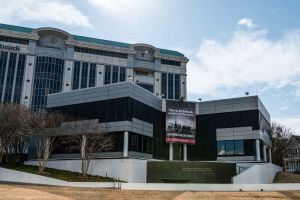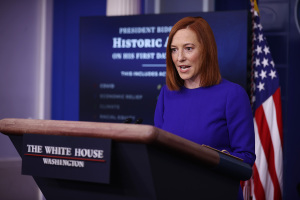The little known case that led to gay marriage and abortion
Lawrence v. Texas (2003)

In 2003, the Supreme Court ruled 6-3 that state laws that criminalized the act of homosexuality violated the Due Process Clause of the Fourteenth Amendment.
Justice Anthony Kennedy, who authored the majority opinion, specifically cited Griswold as “the most pertinent beginning point” for the court’s reasoning, adding that the case “established that the right to make certain decisions regarding sexual conduct extends beyond the marital relationship.”
“After Griswold it was established that the right to make certain decisions regarding sexual conduct extends beyond the marital relationship. In Eisenstadt v. Baird, 405 U.S. 438 (1972), the Court invalidated a law prohibiting the distribution of contraceptives to unmarried persons,” continued Kennedy.
“The opinions in Griswold and Eisenstadt were part of the background for the decision in Roe v. Wade … Although the Court held the woman’s rights were not absolute, her right to elect an abortion did have real and substantial protection as an exercise of her liberty under the Due Process Clause.”




























